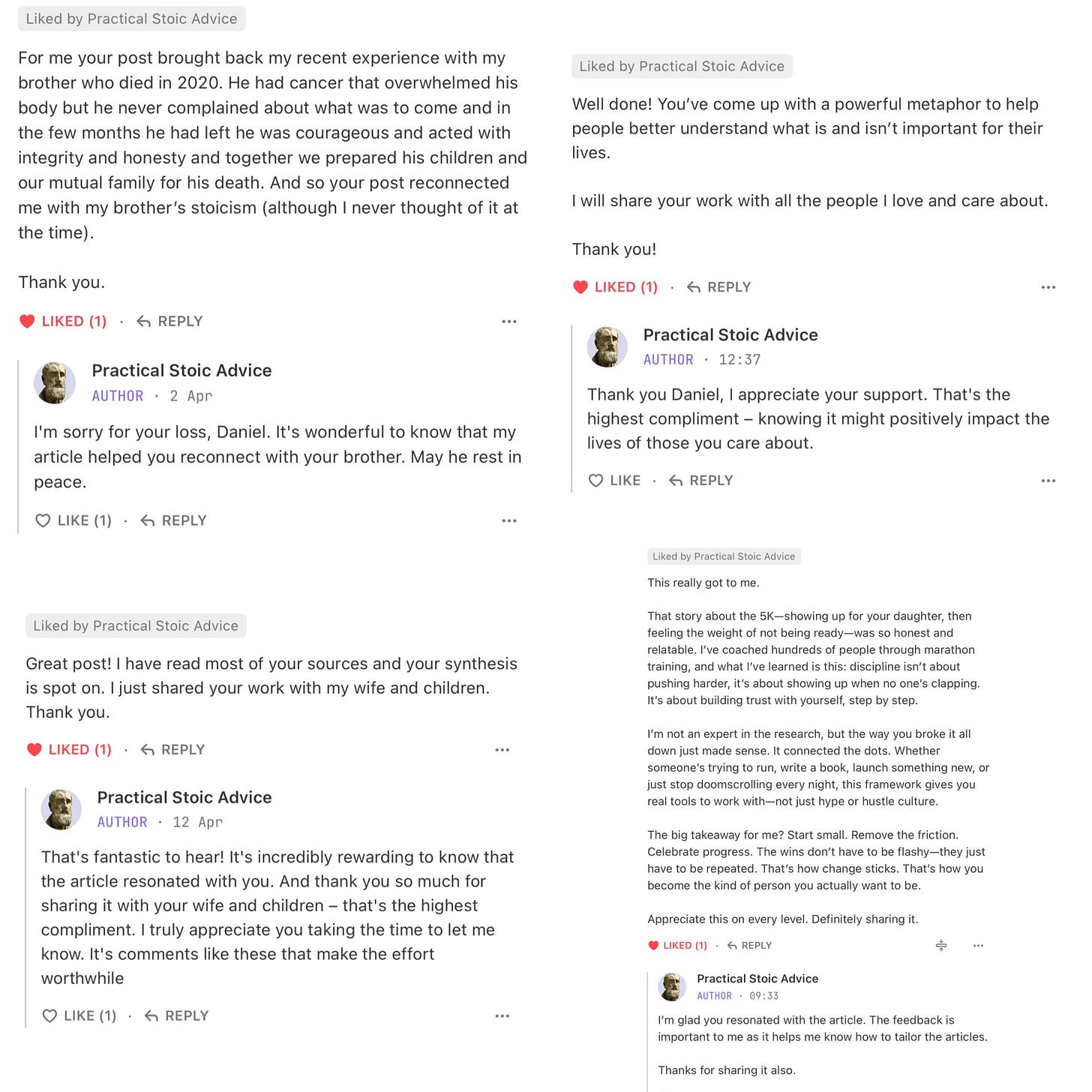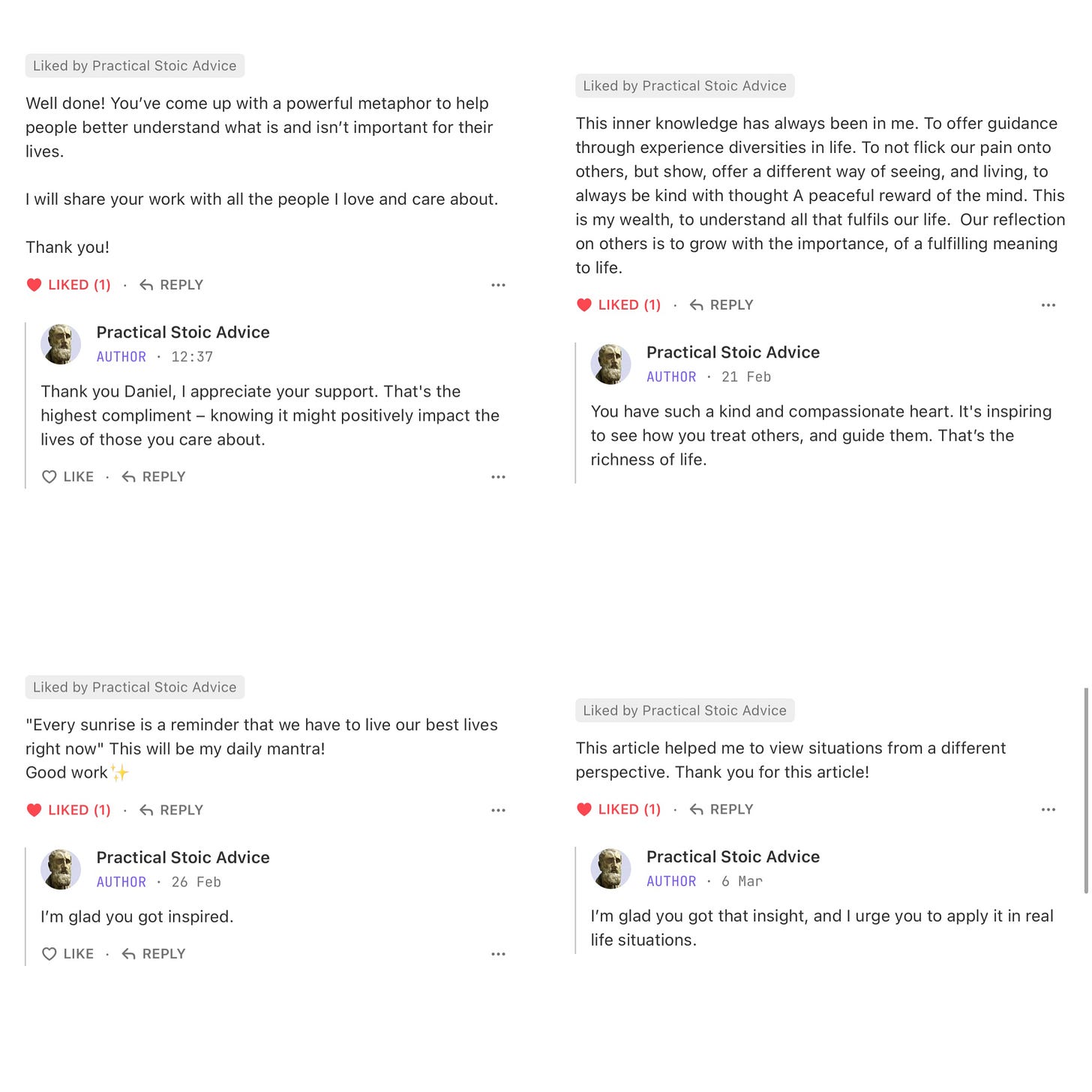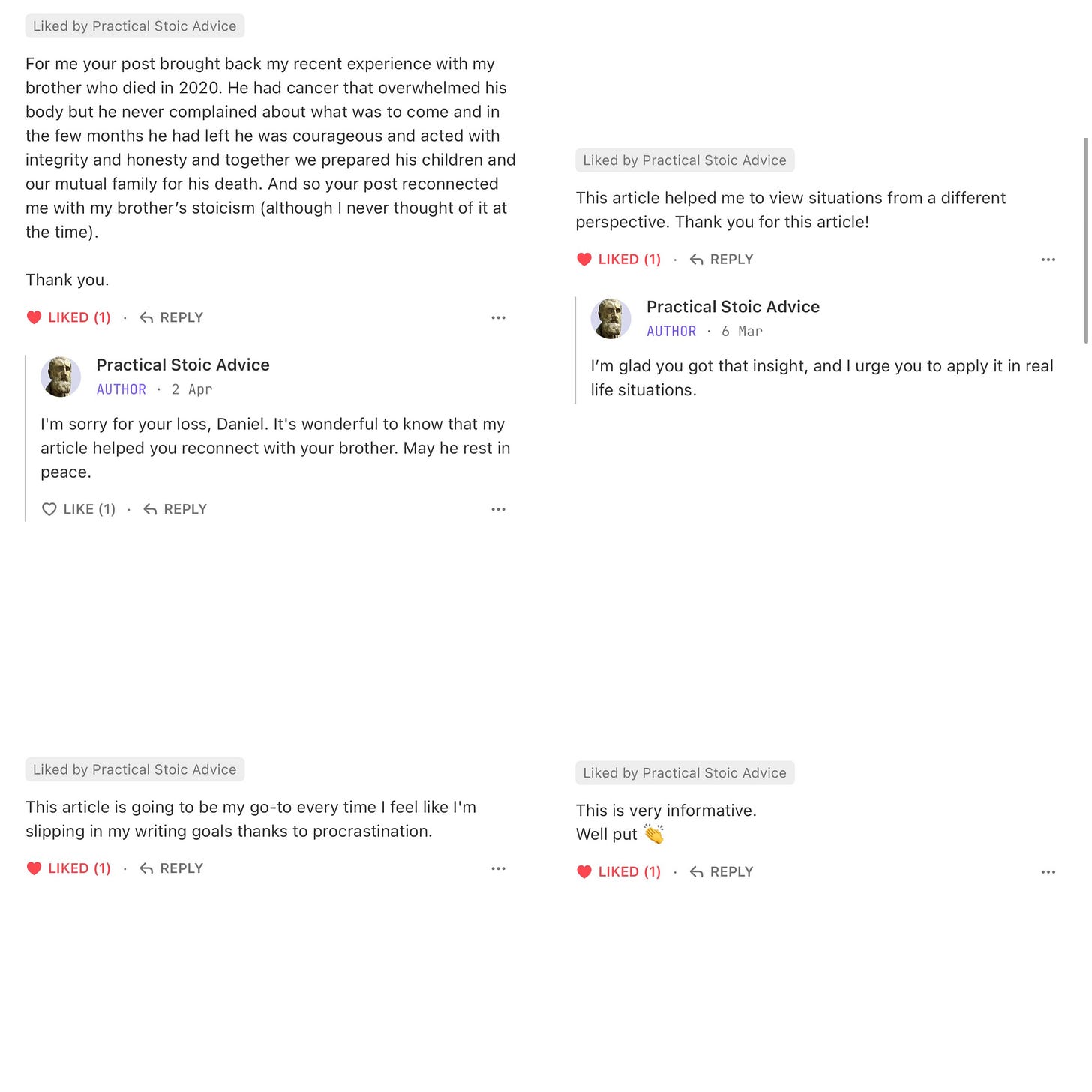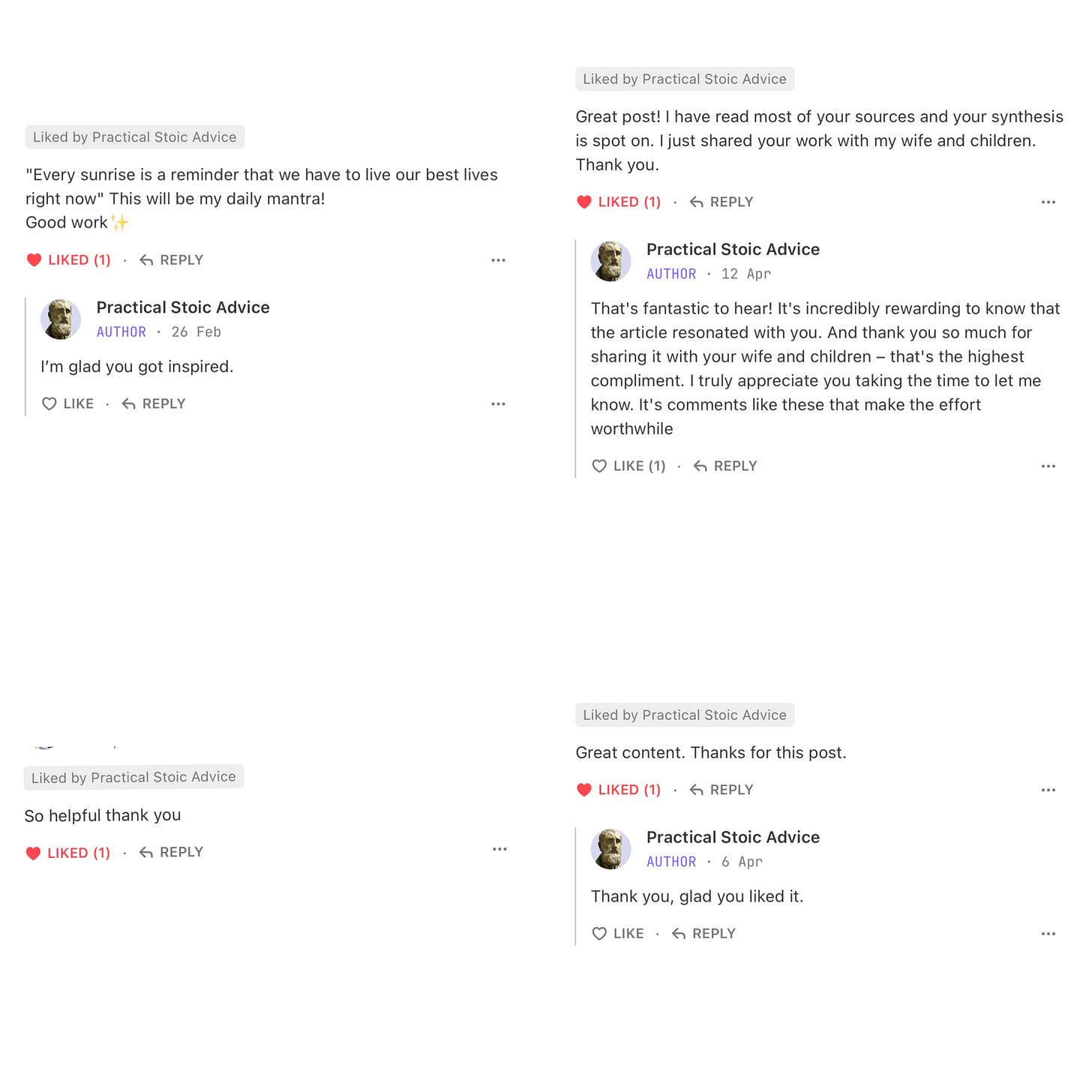
Death doesn’t give you a heads-up. It slips in, quiet as a thief, and leaves you piecing together a world that’s suddenly too still. As a doctor, I’ve faced death in hospital rooms, but nothing cut deeper than losing my uncle and grandmother—his mother—within 36 hours. My uncle, a mechanic with a laugh bigger than life, fought diabetes to his last breath. My grandmother, a 100-year-old matriarch, faced lung cancer with a grace that humbled me. Their final days showed me that mortality isn’t something to dodge—it’s a call to live with fire in your heart.
The Fragility of Life
My uncle, Joe, was 58, a mechanic whose hands, rough with calluses, could fix any engine. Growing up, I’d perch in his garage, the air thick with oil and metal, listening to his stories of hot rods and road trips he’d never take. His grin, wide as the horizon, made every problem feel small. “Life’s a machine,” he’d say, wiping grease off his wrench. “Keep it running.” But diabetes, a slow poison, had other plans. It started in his 40s—tired eyes, numb feet, a body betraying him. By the time I was in med school, he was on insulin, his fingers fumbling with the syringe, his laugh a little quieter.
Three years ago, the disease turned vicious. Diabetic foot ulcers—angry, oozing sores—ate his big toe and heel. I’d visit his small apartment, the living room cluttered with car magazines and pill bottles. My aunt would hover, her eyes red from worry, as I helped bandage his foot. “Still got my spark,” Joe joked, but his voice cracked. Last year, doctors amputated above his ankle to stop the infection’s spread. He tried to shrug it off, calling himself “Stumpy,” but pain shadowed his eyes. The wound wouldn’t heal, swelling like a storm cloud. A second surgery—below the knee—was his last shot.
I sat by his hospital bed, the ward’s fluorescent lights buzzing like flies. He squeezed my hand, his grip weak: “Don’t let the engine stall, kid.” My throat burned. I knew sepsis was a risk, but I held onto hope. Seven days after the second surgery, on the eve of discharge, his fever spiked. His breaths grew ragged, monitors screaming as nurses rushed in. I stood outside the ICU, my hands useless, my heart pounding. He slipped away that night, his tools silent, his spark gone. We buried him on a Friday, his garage empty, his laughter a ghost in my chest.
Just 36 hours later, my grandmother, Rose, was gone. At 100, she was our family’s anchor, a woman who’d raised seven kids in a weathered farmhouse. Her hands, gnarled from years of gardening, had kneaded bread, mended clothes, and held us through every storm. She’d outlived wars, her husband, and one child, her faith a quiet strength. Her kitchen, warm with the scent of cinnamon and time, was where she’d tell stories—of harvest moons, church choirs, and raising Joe. Lung cancer, found three years ago, stole her breath. She refused chemo, her voice steady: “I’ve had my time; let me go gently.” Her bedroom, with its faded quilts and old radio, held her tattered Bible, its pages soft from her touch.
In her final months, I’d sit with her, her cough a dry rasp. She’d pat my hand, eyes twinkling: “You’re my doctor, love.” I’d check her oxygen, knowing cancer doesn’t bargain. The last week, she faded, her voice a whisper: “Sing for me.” I choked out her favorite hymn. That Sunday morning, her caregiver’s knock woke me, her voice trembling: “She’s too still.” I crossed the yard, the dawn air sharp as glass. Her room was silent, her radio off. “Grandma?” I called, voice cracking. She lay there, eyes wide, peaceful, as if greeting the stars. I held her cold hand, whispering, “I’ll keep your stories.” Her century was over.
HOW LONG HAVE I GOT LEFT?
Barely 36 hours after concluding my uncle’s burial—a ceremony filled not with tears of sorrow but with tears celebrating a life well lived—my grandmother (his mother) died in her sleep. It was a rather cold Sunday morning when my grandmother's caregiver, her eyes glistening with unshed tears, knocked at my door, asking m…
Join 12,613+ readers.
Why Mortality Shakes Us
Death doesn’t just end life—it rattles the foundations of how we live it. Mortality shakes us because it’s the one certainty we can’t bargain with, the truth that strips away our illusions of control and forces us to stare into the abyss. But in that unsettling gaze, there’s a spark of clarity, a chance to live with purpose.
Our bodies betray us first. The moment death crosses your mind—maybe a news story, a funeral, or a twinge in your chest—your brain kicks into overdrive. It’s like a fire alarm blaring in your skull: adrenaline surges, your pulse races, your muscles coil. This fight-or-flight reflex, meant to save you from immediate danger, misfires when the threat is existential. It leaves you wired, restless, with a gnawing tension that lingers. I’ve felt it in hospital corridors, charting a patient’s decline, my own breath shallow as their mortality mirrors mine. Over time, this stress carves grooves—headaches that won’t quit, nights spent staring at the ceiling, a body worn down by a fear it can’t outrun. Death’s shadow isn’t just in your head; it’s in your bones, a physical ache that demands attention.
Beyond the body, it’s the mind that reels. We’re planners, dreamers, always sketching out tomorrows we assume are ours. Death mocks that. It’s the ultimate wildcard, defying every calendar and to-do list. When will it come? How? Will it be slow or sudden? These unknowns claw at us, turning quiet moments into battlegrounds. As a doctor, I’ve seen patients wrestle with this, their questions piling up like unanswered letters: “What’s next? Am I ready?” The not-knowing is worse than the end itself, a fog that blurs every certainty. It’s why we avoid the topic, why we talk about death in whispers, as if naming it might summon it. But that avoidance only sharpens its edge, leaving us brittle, unprepared.
Then there’s the heart’s wound. Mortality isn’t just about your own end—it’s about the ones you love, the threads that tie you to the world. The thought of losing them, or of leaving them behind, is a grief that starts before the loss. It’s the empty chair you imagine, the voice you’ll never hear again, the weight of words left unsaid. I’ve stood by bedsides, watching families hold vigil, their hands trembling as they cling to every moment. That fear of severance, of love cut short, is what makes death so heavy. It’s not just an ending; it’s a tearing apart, a reminder of how fragile our connections are. That vulnerability can make you want to shut down, to guard your heart, but it’s also what makes life so precious.
Epictetus taught us to focus on what’s ours: “Of things some are in our power, and others are not.” Death’s timing, its form, its impact—those are beyond us. But our response, our mindset, our actions—those we own. Stoics don’t run from mortality; they lean into it. “Think of yourself as dead,” Marcus Aurelius wrote. “You have lived your life; take what’s left and live it properly.” This isn’t despair—it’s liberation. By accepting death as part of the deal, you stop wasting energy on fear and start pouring it into now. Every day becomes a chance to act with courage, to speak with honesty, to live with integrity. The practice of memento mori isn’t about gloom; it’s about waking up, about seeing each moment as a gift you might not get again.
Medicine, too, cuts through the haze. Knowledge is a shield against the unknown. Learning about your health—how your body works, what risks you face—turns vague dread into something tangible. I’ve seen patients transform when they understand their condition, their fear giving way to resolve. Practical steps anchor us: a blood test to catch problems early, a conversation about what matters if time runs short. These don’t cheat death, but they give you a say in how you meet it. I’ve helped people write living wills, their voices calm as they choose their terms. It’s not about control—it’s about agency, about facing the end with eyes open.
And yet, mortality’s grip isn’t just about fear—it’s about love. The connections we fear losing are what make death so daunting, but they’re also what make life worth living. Mortality shakes us because it’s the end we can’t rewrite, the unknown we can’t map, the love we can’t shield. It’s the body’s panic, the mind’s doubt, the heart’s ache
A Stoic Perspective on Mortality
Stoicism doesn’t dodge this reality—it grabs it, holds it close, and finds in it a fierce call to live. This perspective isn’t about grim acceptance or cold detachment; it’s about turning death’s inevitability into a fire that lights up your days. It’s a wisdom that weaves ancient philosophy with the quiet truths of medicine, urging us to face our end with clarity and courage
Stoics don’t see death as a thief—it’s just the end of the song, part of the melody. Life isn’t promised to be long, only to be lived. This view flips the script: instead of a threat, death becomes a guide. Why spend your hours chasing shadows—anger, regret, or empty applause—when they could slip away by dawn? Weigh each moment, ask if it’s worthy of the time you’ve got. It’s not about fear; it’s about focus. Imagine standing at life’s edge, looking back—what would you wish you’d done? Said? Been? That question, sharp as a blade, cuts through the clutter, leaving only what’s true. It’s why we should live with intention, crafting days that echo beyond their end.
The real power of lies in sorting what’s yours from what isn’t. Death’s arrival—when, where, how—is out of your hands. It’s like the weather, coming whether you’re ready or not. But your mind, your choices, your heart? Those are your domain. This clarity is a lifeline when mortality looms. You can’t stop the clock, but you can decide how to spend its ticks. I’ve leaned on this in my work, facing moments where medicine reaches its limit. When a patient’s time runs short, I can’t change the outcome, but I can listen, comfort, act with care. That’s Stoic strength: doing what’s right, even when the end is near. It’s not about winning against death—it’s about living well until it calls.
We should also train for this, like athletes for a race. Practice facing death, not to obsess over it but to tame it. Picture this: you wake up and think, “This could be my last day.” Not with dread, but with curiosity—what would you make of it? Would you forgive someone? Create something bold? Love without holding back? This mental exercise, like a doctor testing a pulse, reveals what’s vital. It strips away fear by making death familiar, a companion rather than a stranger. The result is a life where every choice carries weight, where you’re not just drifting but steering toward what matters. It’s a discipline that turns fleeting time into lasting purpose.
This isn’t about shutting off emotions—Stoicism is alive with feeling. Death stirs up love, loss, and longing, and Stoics don’t ignore that. They use it. If you feel deeply, let it drive you to act now, not later. If you cherish someone, show it in your words, your presence. The knowledge that time is finite doesn’t numb you—it sharpens your care. I’ve carried this into my practice, where every patient’s moment is a chance to connect, to matter. Stoicism doesn’t ask for a heart of stone; it asks for a heart that burns bright, knowing the flame won’t last forever.
So tomorrow when you wake up, if you wake up, start with a breath that means something. As Seneca said, “The life we receive is not short, but we make it so.” Mortality may shake us, but it also shapes us, calling us to live with heart, right now.
What’s one small act—kindness, courage, or truth—you’ll do today to live more fully, knowing tomorrow isn’t promised? Share your commitment below in the comments.
Reader feedback:








These chapters about death ☠️-
Are tough.
It reminds me the time of being mentally sick.
I was just like that.
And now I’m not.
I had hair loss.
Didn’t ate.
My eyes were dark.
I wanted to vomit.
Food didn’t had taste.
Now I started over.
And redoing things.
I try again food that I already know.
Start living again.
Many years ago my husband had a good friend whose only hobby in life was to drink alcohol. When I first met him he was in the full throes of alcoholism and it wasn't attractive to be around. My husband and I stepped away from him and as time went on so did his wife, his children, his family, his friends and then he lost his job but still he continued to drink. He died yesterday or maybe his body died yesterday but he was dead many years ago and upon receiving news of his death this morning and then reading this article I am reminded life is to be lived. If this friend could look back at his life what would his legacy be? I know of it was me I know I'd want my legacy to be something to be cherished by those I left behind those who loved me most. - thank you for this article I needed to read this today.